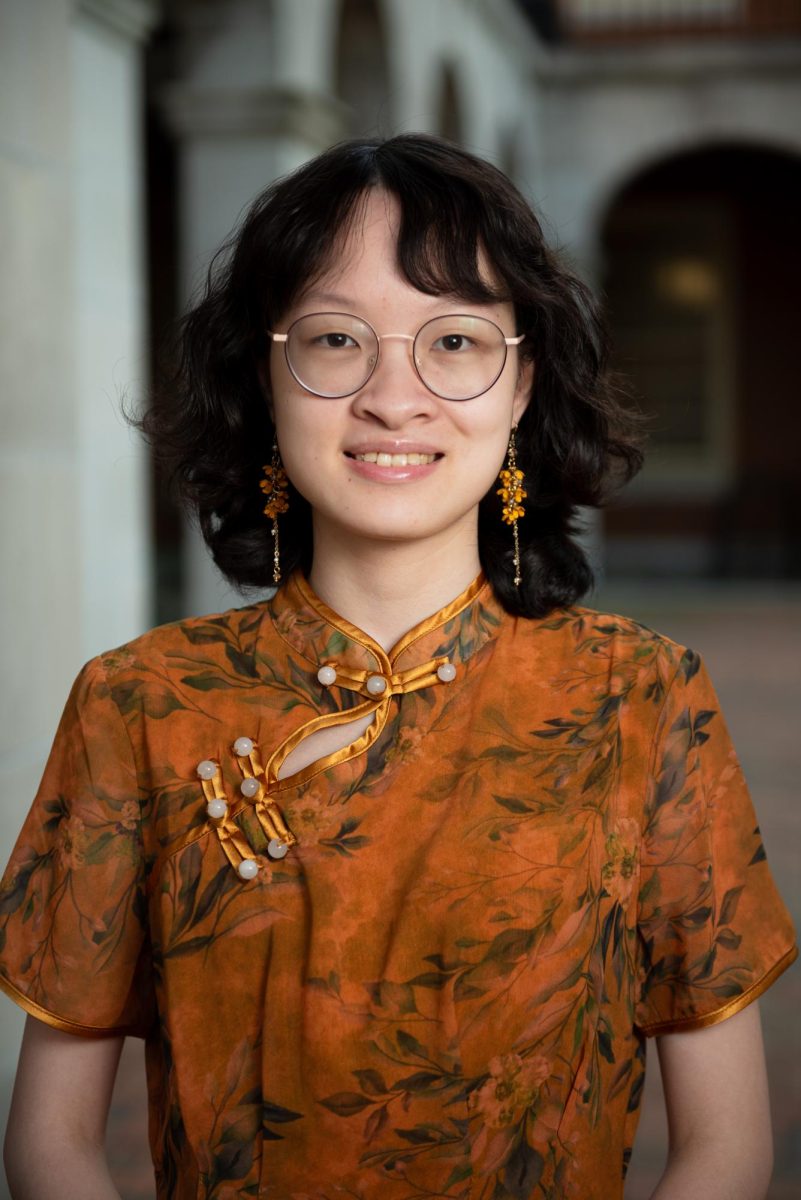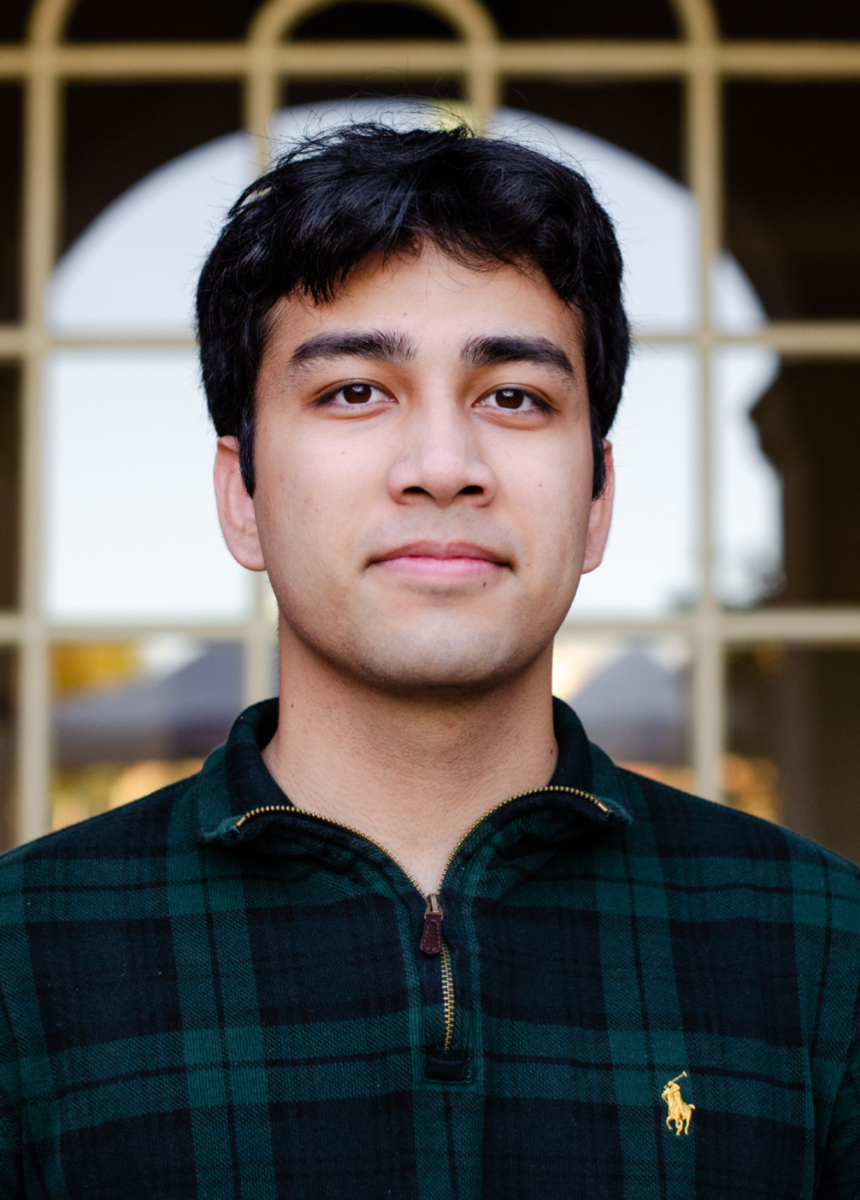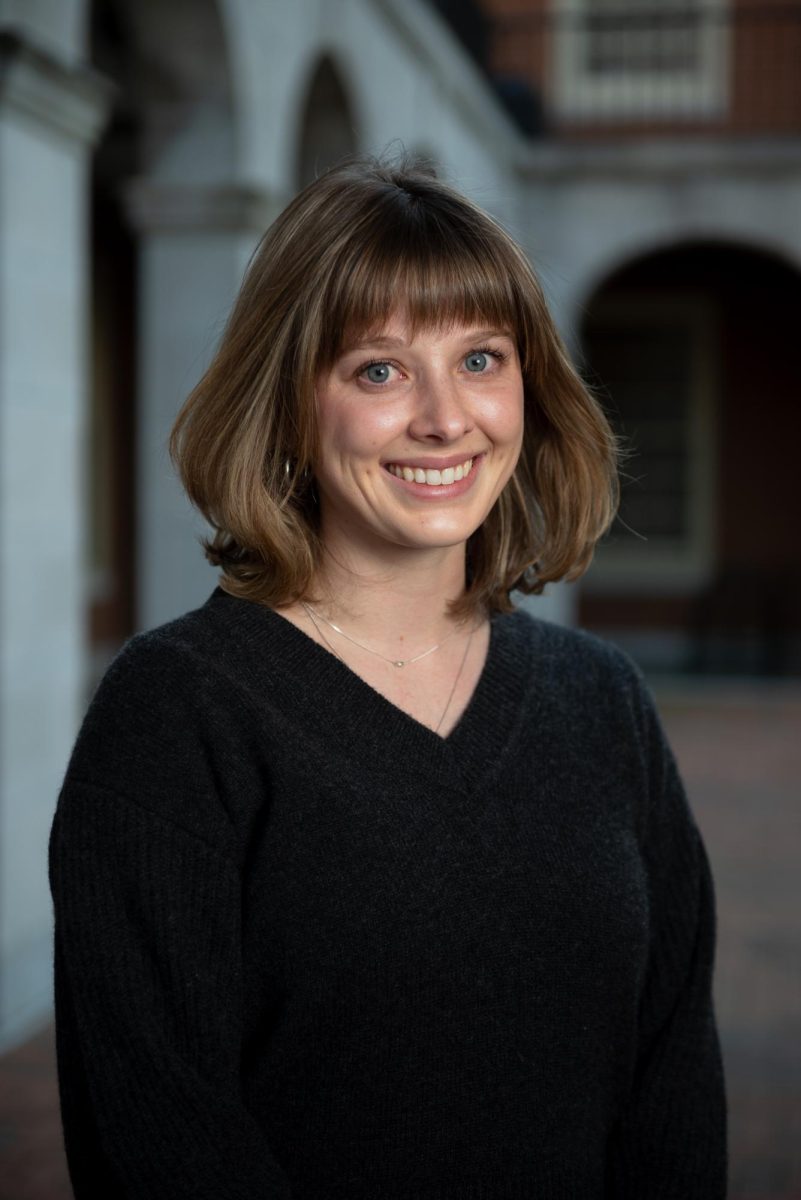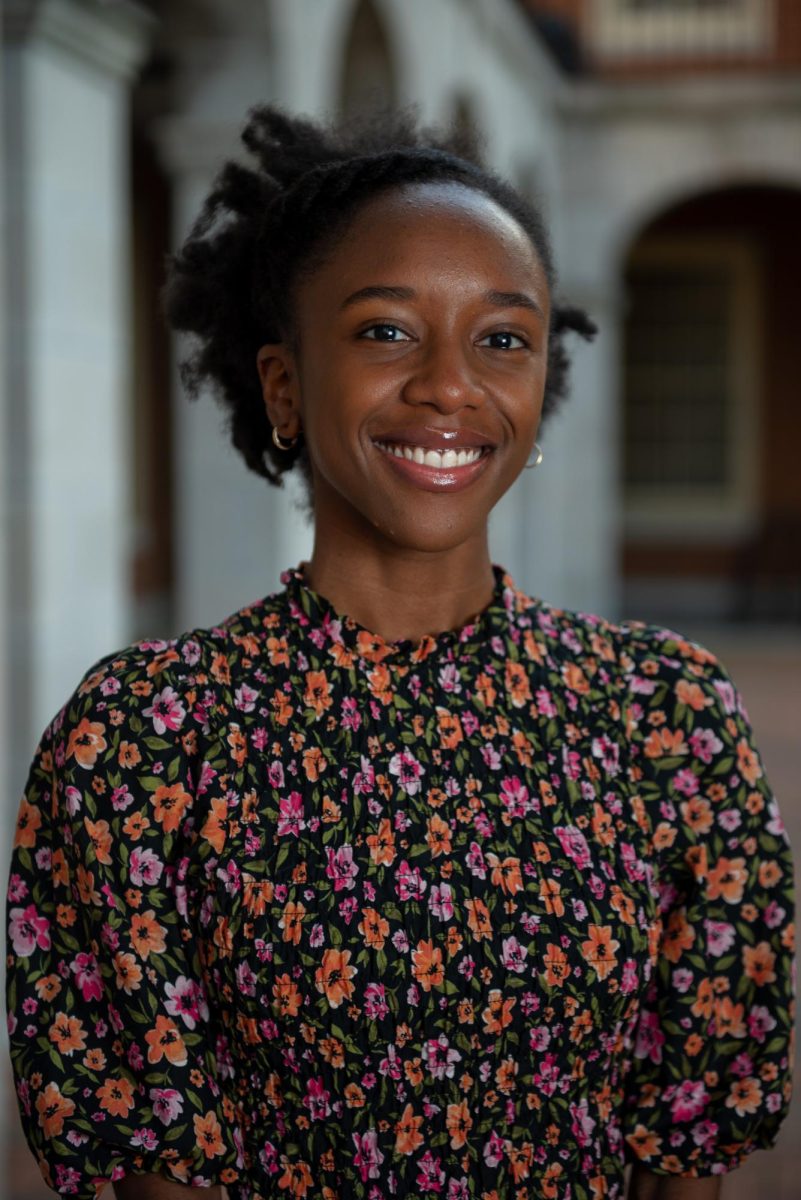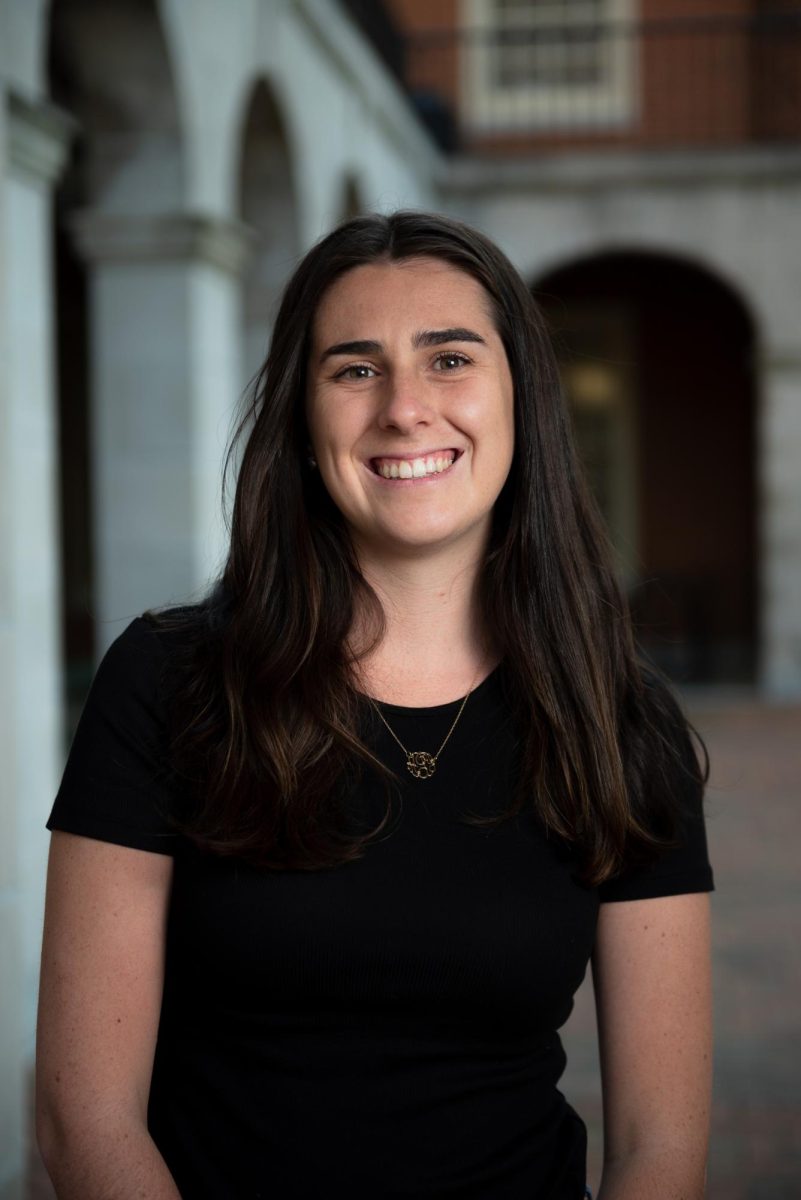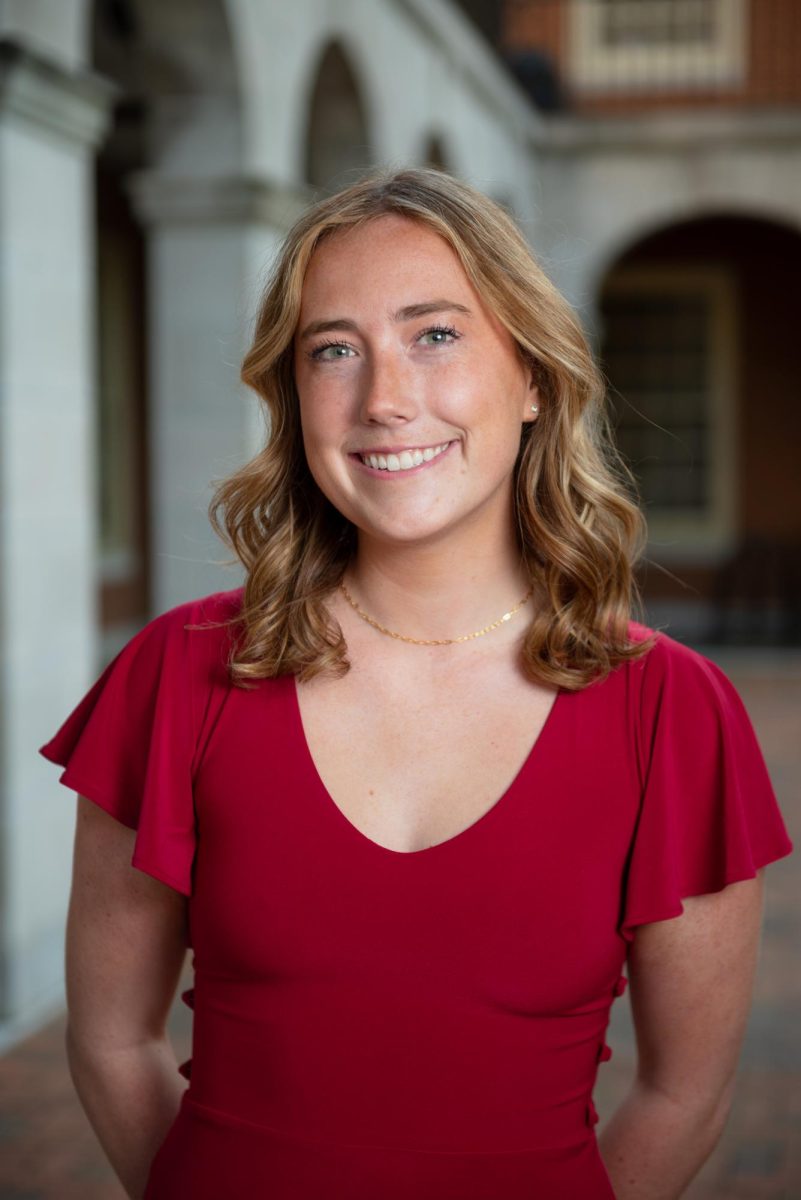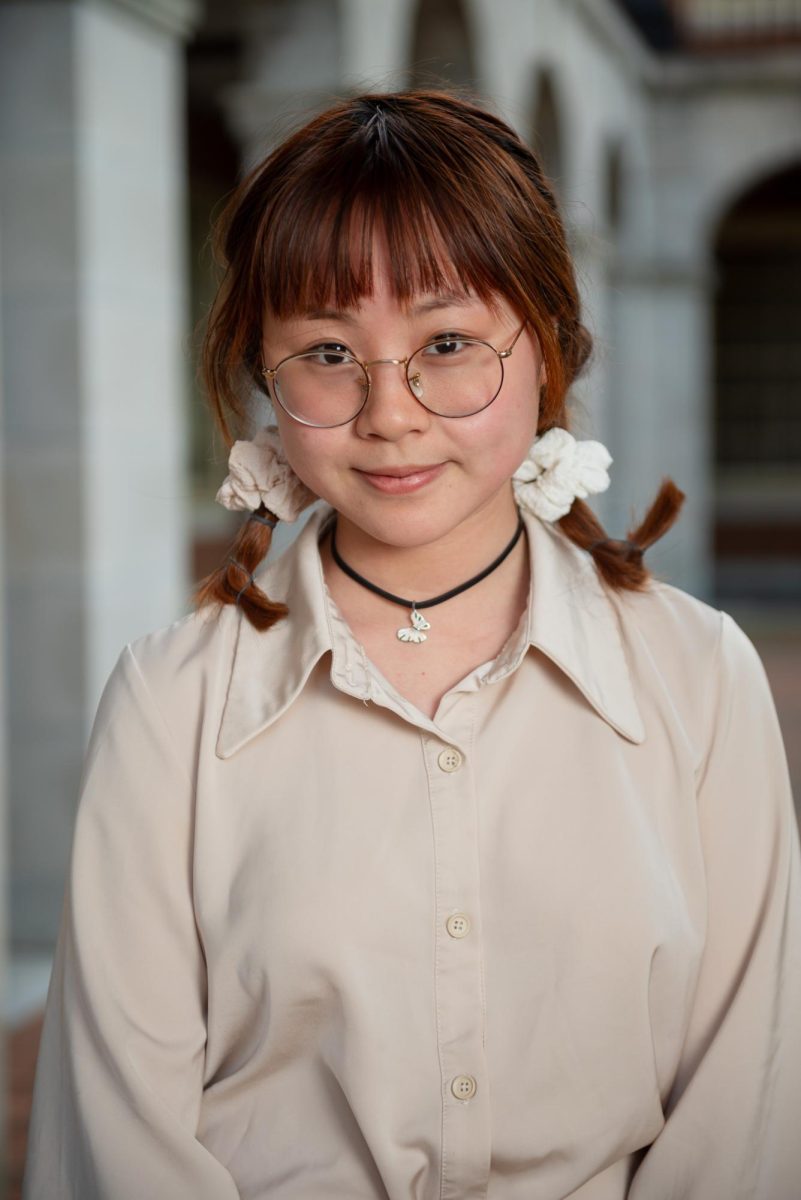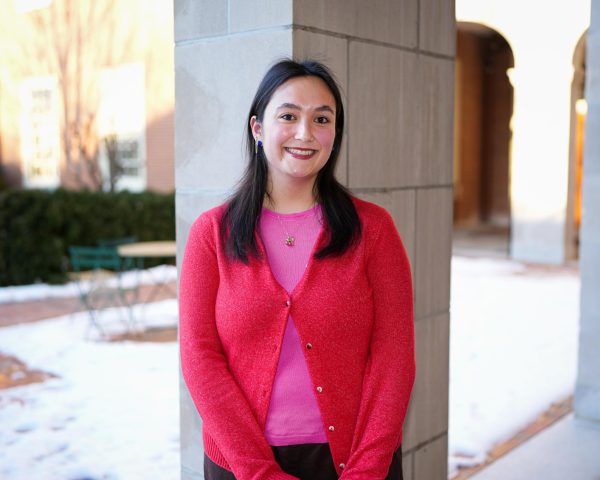Rachel Lin did not enjoy math growing up, nor did she begin college intending to major in mathematics. But while attending Wake Forest, the supportive community and freedom to explore disciplines inspired her to try a class outside of her comfort zone, which would soon become her passion.
While she was originally planning to major in either computer science, philosophy or statistics, Lin’s interest in math first began in Introductory Real Analysis, which is known as the most difficult required course for math majors at Wake Forest. While she first attended many office hours seeking guidance through the class, Lin soon gained not only an understanding of the material but an appreciation for the subject as a whole.
“Just deciding to major in math is a very empowering thing,” Lin said. “I had never thought I could do this, but I’m actually doing it. And there are lots of things that I’ve learned.”
Growing up in Beijing, China, Lin recalls the immense pressure she experienced in school, particularly for exams, when she and her classmates’ grades were displayed for everyone to see. She also explained that math was used to differentiate between “smart” and “not so smart” kids, which led her to believe that she did not have the aptitude to pursue the subject.
Being raised in a culture that did not support women pursuing male-dominated fields also dissuaded Lin from mathematics at a young age. She long held the belief that men had the most proficient logical thinking skills and that they should be left to pursue STEM careers. Lin also remembers her mother searching for a math tutor for her younger brother, insisting they find a male tutor because they were much smarter.
“I had never thought about [pursuing] math,” Lin said. “I didn’t think that was an option for me. I just didn’t really like math. I didn’t hate math, but I did have a lot of traumatic experiences with it.”
During her Introductory Real Analysis office hour sessions, Lin became acquainted with Dr. Jeremy Rouse, who would serve as her mentor for the duration of her time at Wake Forest. Rouse fostered Lin’s interest in math and introduced her to different branches of study and the work of modern mathematicians. He soon invited her to do research with him, which solidified her plan to switch her major to math.
“He always tells me: it takes time to get used to a certain way of thinking,” Lin said. “When you first learn something, if you find it difficult, it’s not because you can’t do it. It’s just because you need more time. [Rouse] always talks through my fears with me and makes everything less intimidating. He’s super inspiring.”
Lin has often felt intimidated by other math majors, particularly by those who have been interested in math since they were young. While studying math abroad in Budapest, Hungary, Lin met someone who took a similar Real Analysis course as she did in high school.
Though Lin says the mathematics department is incredibly supportive and collaborative, she recognizes the workaholic culture that surrounds her, as well as many other students.
Lin’s achievements, despite moments of self-doubt, have been recognized as she pursues further math education. Lin will be pursuing a Ph.D. in Mathematics at Indiana University in the fall — her pick of five Ph.D. program offers. Anticipating a campus environment much different from Wake Forest, she is looking forward to exploring different subfields of math.
“I feel like I have been trying things I had never imagined I could,” Lin said. “When I applied to graduate schools, I knew I wanted to be at a bigger campus where I could have interactions with new people.”
She continued: “I think people have this stereotype that math [students] don’t talk to other people when collaborations are actually very common and important in all fields of math. So I’m excited to broaden my horizons.”



